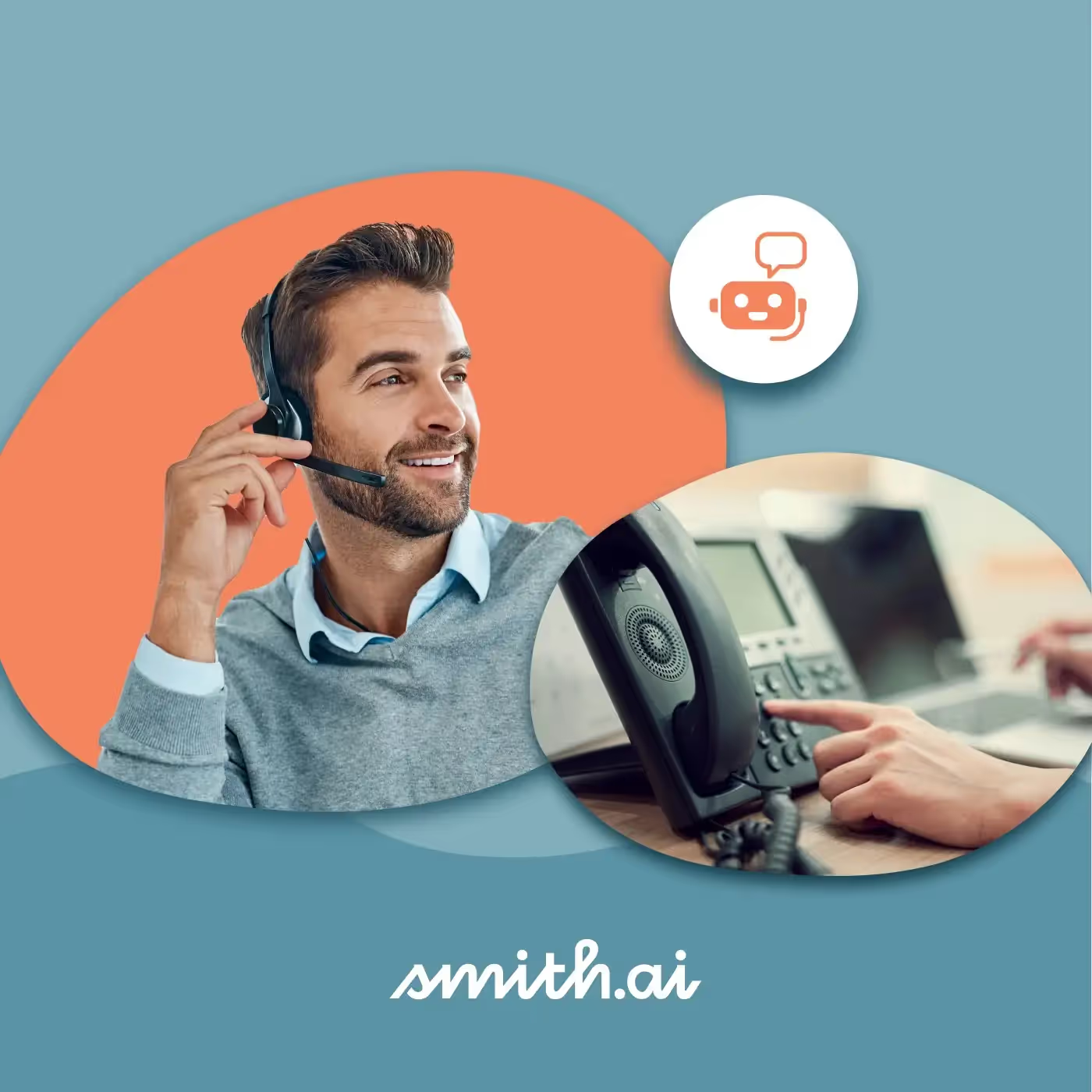How to Use AI for Your Marketing Agency
How to Use AI for Your Marketing Agency

Remember when mentioning AI in client meetings actually impressed people? That's over. In 2025, AI is just standard marketing.
The top agencies use AI for tasks humans can't do. They analyze mountains of data in minutes, create personal messages to thousands of people at once, and show clients measurable results.
AI improves everything about marketing, from ideas to tracking results. Clients see the difference. They get better engagement, less waste, and marketing budgets that go further.
Here's how agencies use AI and what they're achieving.
The Digital Marketing Shift
We've gone beyond basic automation. Old systems repeated tasks. Today's AI learns independently and adapts to new situations.
Marketing agencies face specific challenges:
- Clients expect immediate answers
- Customers want personalized messages
- Strategies need solid data support
Agencies must maintain consistent messaging, handle communication spikes, and scale quickly.
Marketing teams put more of their budget into AI tools. This percentage continues to grow.
Smart agencies become partners to their clients, using AI for sales by offering insights that would be impossible with humans alone.
How Marketing Agencies can Actually use AI
Superhuman Insight Machines
AI identifies patterns in data that people miss. This gives agencies better insights, sharper targeting, and more confident decisions.
Instead of reviewing campaigns after they end, AI monitors performance and makes adjustments immediately. Companies see marketing ROI improve by 22% when using AI for ads.
Content That Magnetizes Audiences
AI enhances creative work. Tools analyze previous successes, identify trending topics, and understand audience preferences. This helps create content people care about.
Benefits of AI for content creation:
- Connects with the right audiences
- Improves search visibility
- Prompts action from viewers
- Maintains consistent brand voice
Content improvement is a common AI application for marketers, with 51% of teams using it.
AI enables personalization at scale. Instead of generic messaging, you can target specific groups. This personalized advertising increases relevance and engagement.
Brand voice remains consistent across all communications as AI learns and maintains your tone.
AI Tools for Customer/Client Comms
AI assistants, like AI website chat and AI-based call centers, have changed how agencies handle communications, improving customer engagement.
Key benefits:
- Every inquiry receives an immediate response
- Nothing gets missed, even during peak periods
- Teams no longer need constant availability
- Language barriers are eliminated
- Information moves seamlessly between systems
People want immediate answers to questions. AI provides this without requiring night staff.
When an AI assistant interacts with a prospect, data syncs automatically with your CRM and other platforms.
Sales Pipeline Filled While You Sleep
Conversational AI has changed potential client handling. Systems gather information through conversation, facilitating the qualification process, and connect qualified leads with appropriate team members, improving conversion rates.
The best approach combines automation with human interaction. Using chatbots for qualification, initial screening happens automatically, with people joining for conversations when someone shows genuine interest.
Automated scheduling eliminates email exchanges about meeting times. AI checks availability, suggests times, and confirms appointments automatically.
Information gathered during conversations appears instantly across systems. Your marketing tools, CRM, analytics, and reporting all receive the same data, improving follow-up effectiveness.
Overcoming Implementation Hurdles
Many agencies encounter obstacles when adopting AI. Understanding these challenges helps with smoother transitions.
Common challenges include:
- Legacy systems resisting integration with new AI tools
- Data quality issues affecting AI performance
- Staff resistance due to concerns about job security
- Finding suitable implementation partners
Agencies with established tech stacks may need custom connectors or API bridges for compatibility. Start with a tech audit to identify potential issues before investing.
Data quality affects AI initiatives. Your systems depend on the information feeding them. Clean, consistent data across platforms creates a foundation for successful implementation.
Staff resistance occurs when introducing AI. People worry about job security and role changes. Address concerns with clear communication about how AI enhances rather than replaces roles.
The Future Beyond Imagination
Looking beyond 2025, several emerging AI technologies will reshape marketing agencies even further.
Multimodal AI systems that understand and generate text, images, video, and audio all at once will transform content creation. These advanced tools will produce complete campaigns across all media types while keeping perfect brand consistency.
Augmented creativity tools will move from suggestion to collaboration. Rather than simply generating options, these systems will work interactively with creative professionals, building on human ideas and extending creative possibilities beyond what either could achieve alone.
Privacy-preserving AI that functions without accessing personal data will become essential as regulations tighten. These systems will use innovative techniques to deliver personalization while keeping sensitive information protected and compliant with evolving laws.
Ambient intelligence will extend AI beyond screens and calls. Smart environments will recognize client preferences, adjust meeting settings, and provide contextual information without explicit requests. This seamless experience will differentiate leading agencies.
Agencies that experiment with these emerging technologies now will be positioned to lead the next wave of marketing innovation beyond 2025.
Your Victory Blueprint
Your First AI Win In Days Not Months
Begin with proven AI solutions that demonstrate value quickly. Early successes help gain support. Communication systems make an excellent starting point since they address obvious problems and show results within days.
Steps for successful implementation:
- Ensure new AI tools integrate with existing systems
- Focus on solutions that complement what your team already does well
- Develop comprehensive staff training programs
- Start small and expand based on success
Good solutions handle routine tasks while allowing your team to focus on creative work.
Your team should understand these tools, see how they benefit both the agency and its clients, and learn to work alongside AI.
Show Clients Real Results
When discussing AI with clients, focus on outcomes. Show how AI improves response time to potential customers. Explain how it enhances lead quality and sales. Demonstrate how it reduces costs while improving quality.
AI affects marketing budgets significantly. It leads to budget increases for 46% of companies while helping 30% spend less through improved efficiency. Good agencies help clients achieve better performance and lower costs.
To demonstrate AI's value, track metrics before and after implementation. Set benchmarks for response time, lead quality, conversion rates, and customer satisfaction. Then measure improvements after AI is running.
Watch Competitors Scramble To Catch Up
Using AI as a differentiator requires going beyond basic automation. Smart agencies create approaches that blend human expertise with AI to deliver superior results.
Package AI-powered services to help clients understand the value and select the appropriate level. Options might include:
- Various response times
- Different qualification criteria
- Multiple integration options
- Tiered service levels
This allows clients to choose solutions matching their needs and budget.
Success stories provide evidence. Document metric improvements, gather client testimonials, and create case studies showing how your AI services solve business problems.
Try Smith.ai Today
The AI Receptionist from Smith.ai helps agencies implement these AI tools without building infrastructure themselves. They handle the technical aspects while you focus on core work. For comparisons, see this virtual receptionist comparison.
Agencies achieve faster lead responses with Smith.ai. The system captures key information from initial calls and integrates with your existing tools. This improves processes for you and potential clients.
Their approach succeeds by combining AI with human staff. The system handles basic questions, with humans intervening when needed. You maintain personal client connections while gaining 24/7 availability.
To learn how it can help your agency, book a consultation or contact hello@smith.ai.
Take the faster path to growth. Get Smith.ai today.
Key Areas to Explore

Your submission has been received!










.svg)



